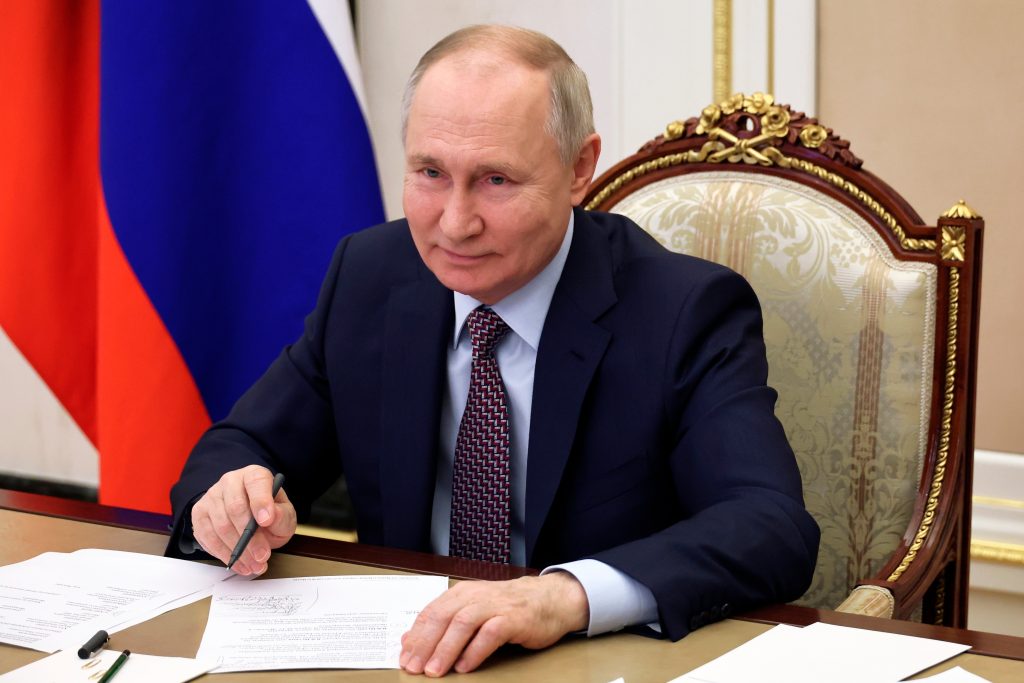Russian President Vladimir Putin has issued a decree permitting foreign nationals engaged in the conflict in Ukraine to apply for Russian citizenship, extending the offer to include their families.
According to the decree, individuals who have entered into contracts during what Moscow terms its “special military operation” in Ukraine are eligible to seek Russian passports for themselves, their spouses, children, and parents. The application process requires the submission of documents demonstrating a commitment to a minimum one-year enlistment.
Reports indicate that those meeting the criteria include individuals who have signed contracts with the regular armed forces or other military formations, a categorisation that may encompass groups like the Wagner mercenary organisation.
The measure seems designed to provide additional incentives for foreign individuals with military experience to join the ranks of the Russian forces.
Although Moscow does not disclose the number of foreigners fighting on its side in Ukraine, there are accounts of Cubans enlisting for military service in exchange for bonuses exceeding 100 times the average monthly salary in Cuba. Additionally, three Africans recruited by Wagner, two of whom lost their lives in action, were mentioned in reports.
A declassified US intelligence report estimated Russia’s losses in the Ukraine war at 315,000 dead and wounded troops, representing nearly 90% of its personnel at the conflict’s onset.
In September 2022, Russia initiated its first mobilisation since World War II, drafting an additional 300,000 men. Despite ongoing speculation, the Kremlin contends that further mobilisation is unnecessary, citing the voluntary enlistment of hundreds of thousands of men as professional soldiers last year.
The extent of losses on both sides of the 22-month war remains undisclosed. Ukrainian President Volodymyr Zelenskiy recently proposed mobilising an additional 450,000–500,000 individuals, prompting the Kyiv parliament to review a contentious draft legislation aiming to tighten and broaden mobilisation rules.

